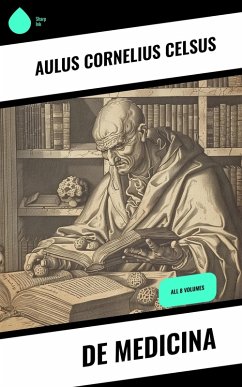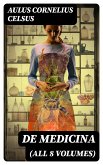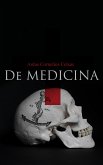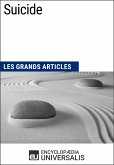Aulus Cornelius Celsus's "De Medicina" is a foundational text in the history of medicine, elegantly blending empirical observation with philosophical inquiry. Composed in the first century AD, this comprehensive treatise encompasses the entire spectrum of medical knowledge of its time, addressing topics such as pathology, diagnosis, surgery, and pharmacology. Employing a clear and methodical prose style, Celsus demonstrates a remarkable command of Greek medical terminology while maintaining accessibility for both practitioners and lay readers. His work stands as a bridge between ancient Nicomedian thought and the burgeoning empirical methods of the Roman world, ultimately influencing generations of medical understanding through its systematic approach and classification of medical practice. Celsus, often viewed through the lens of his broader philosophical aspirations, was likely motivated by a desire to consolidate and codify medical knowledge amidst the chaotic medical landscape of his era. His background in rhetoric and philosophy, combined with a keen interest in the natural sciences, equipped him to articulate complex medical ideas in an approachable manner. This reflects a cultural milieu that valued intellectual discourse and practical utility in medicine, thus positioning Celsus as an emblematic figure of his time. "De Medicina" is an essential read for scholars and practitioners seeking a deeper understanding of the evolution of medical thought. Celsus's blend of scientific rigor and narrative clarity invites modern readers to appreciate the historical roots of contemporary practices. This work not only offers insight into ancient medicine but also challenges us to reflect on the interplay between empirical knowledge and philosophical inquiry, making it a timeless contribution to the field.
Dieser Download kann aus rechtlichen Gründen nur mit Rechnungsadresse in A, B, BG, CY, CZ, D, DK, EW, E, FIN, F, GR, HR, H, IRL, I, LT, L, LR, M, NL, PL, P, R, S, SLO, SK ausgeliefert werden.









